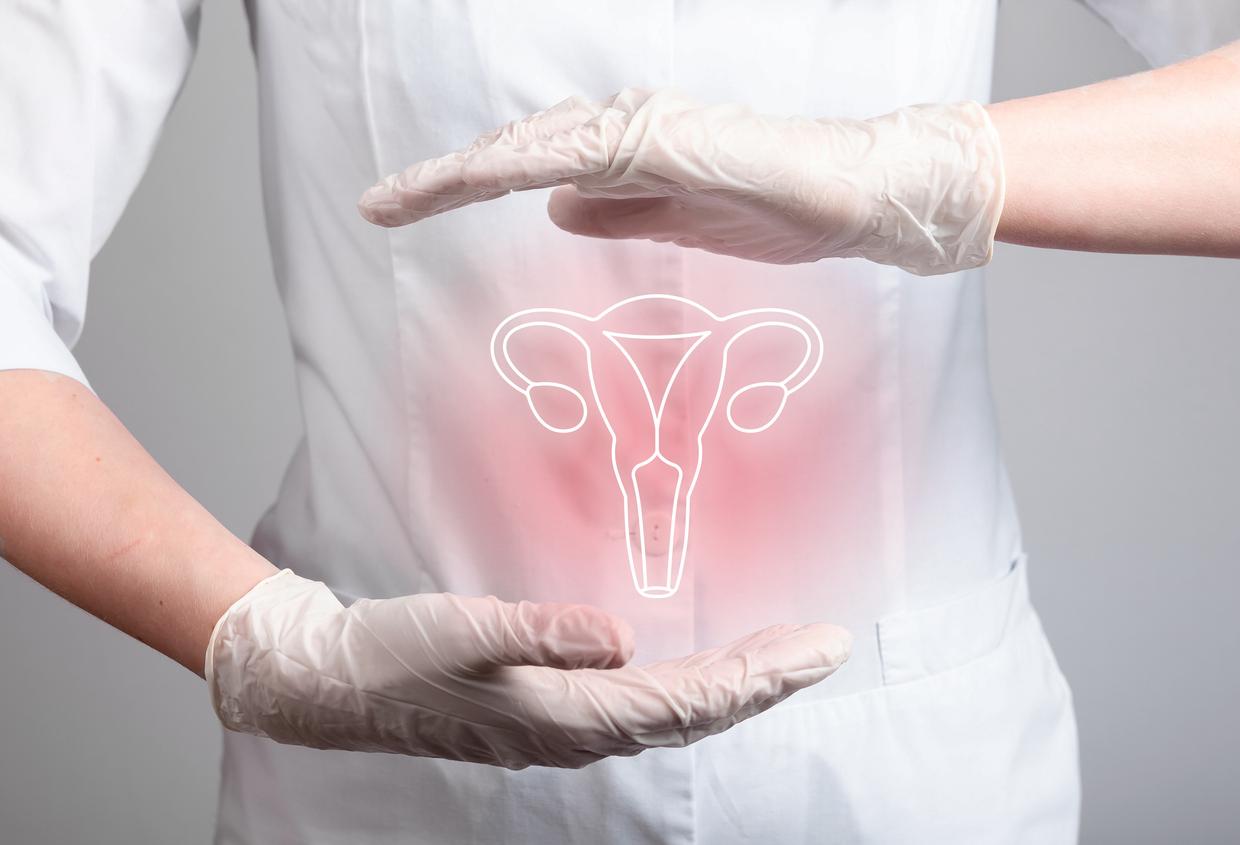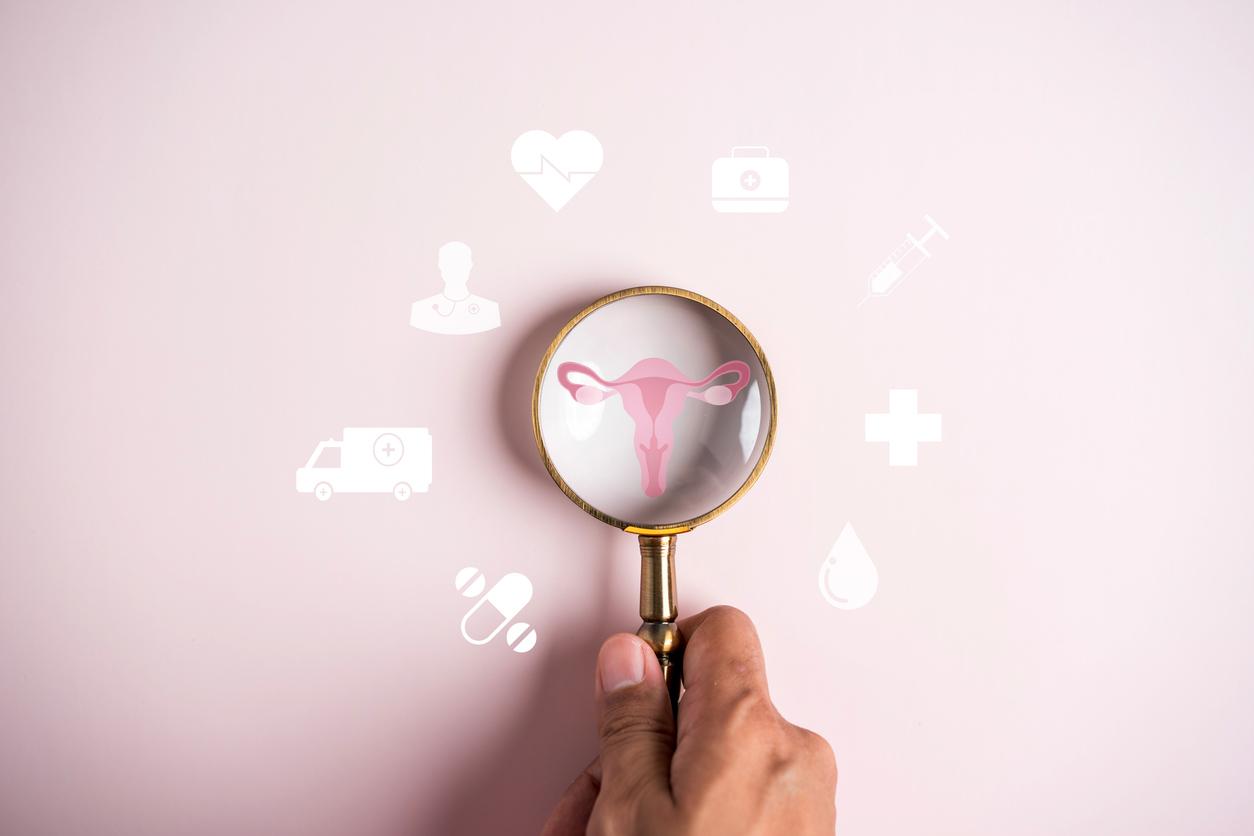HPV infection is responsible for genital warts and cancerous lesions of the vagina, vulva, penis, anus or oropharynx. Vaccination of boys is now covered by health insurance.

- Vaccination against human papillomavirus infections has been open since January 1 to boys aged 11 to 14, with a possible catch-up from 15 to 19 years old.
- The papillomavirus can be responsible for cancers of the penis or the anus
“The anti-HPV vaccination offered to boys is now reimbursed”, congratulates himself the French Society of Colposcopy and Cervico-Vaginal Pathology (SFCPCV). After the favorable opinion of the High Authority for Health (HAS), vaccination against human papillomavirus infections has been open since January 1 to boys aged 11 to 14, with a possible catch-up from 15 to 19 years old.
Only 27.9% of 16-year-old girls are vaccinated in France
The extension of anti-HPV vaccination for boys should make it possible to:
• curb the circulation of papillomaviruses within the general population.
• Protect boys themselves from HPV-induced lesions, whether benign (genital warts) or malignant (cancer of the penis, anus and oropharynx).
• Increase adherence to anti-HPV vaccination in general, by no longer limiting the target to cervical cancer alone.
In 2019, only 27.9% of 16-year-old girls were vaccinated. This figure places France well below the objectives set by the cancer plan (60%, editor’s note), and very far behind our neighboring countries. In this context, the SFCPCV “recalls that if the extension of HPV vaccination to boys is essential, it is also imperative to increase the vaccination coverage of young girls”.
The HPV vaccine is very effective
The effectiveness of the HPV vaccine has now been demonstrated. In countries that have achieved high vaccination coverage, massive reductions in precancerous lesions of the cervix and genital warts are reported. Added to this is the publication in October 2020 of a study that demonstrated the ability of the HPV vaccine to prevent cervical cancer. The trial showed a reduction of nearly 50% in the risk of cervical cancer among vaccinated women, and 90% when they had been immunized before the age of 17. “These results make it possible to predict the virtual disappearance of cervical cancer cases in countries that have succeeded in their vaccination policy with a high coverage rate”underlines the SFCPCV.

.















